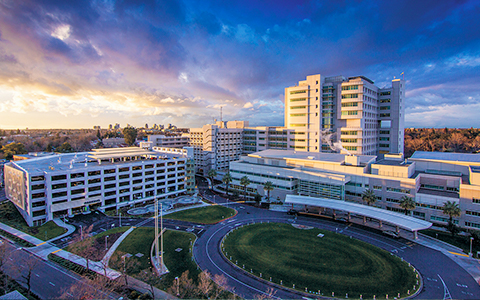Job Opportunities
The Department of Psychiatry and Behavioral Sciences at UC Davis is recognized regionally and nationally as a leader in academic psychiatry, behavioral and neurodevelopmental health research, and comprehensive mental health patient care. We also have a strong commitment to the community, providing mental health services at the state, county and local levels.
Find a job
The breadth and depth of our commitment to academics, research, patient care and community translates into numerous career opportunities for medical professionals, faculty educators, administrative staff and volunteer clinical faculty.
Quick tip: For academic jobs, type Psychiatry in the search box.
Why join our psychiatry team at UC Davis?
key mission areas of psychiatry department
Patient care
Through our outpatient behavioral health clinics, we provide a comprehensive range of mental health services for adults and children. Our specialties include adult psychiatry, child psychiatry, trauma recovery and a nationally recognized early psychosis program.
Training and education
We offer a number of residency, fellowship and specialized psychiatry training programs and are one of only two institutions in the country offering combined psychiatry residency training programs in internal medicine and family medicine. Through a cultural psychiatry component, we also help prepare future physicians in addressing mental health disparities and serving a diverse patient population.
Research
Our faculty includes nationally recognized researchers and physician educators. The department ranks 14th in the nation for psychiatry research funding with major strengths in autism and other neurodevelopmental disorders as well as imaging, aging, dementia and early psychosis.
Community engagement
Our location in the capitol affords us the opportunity to be involved in providing mental health services for programs at the county and state levels as well as in the local Sacramento community. These programs serve an economically and ethnically diverse patient population, including homeless and incarcerated patient populations.



